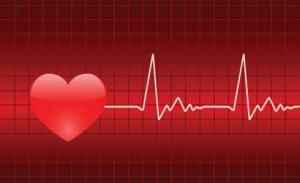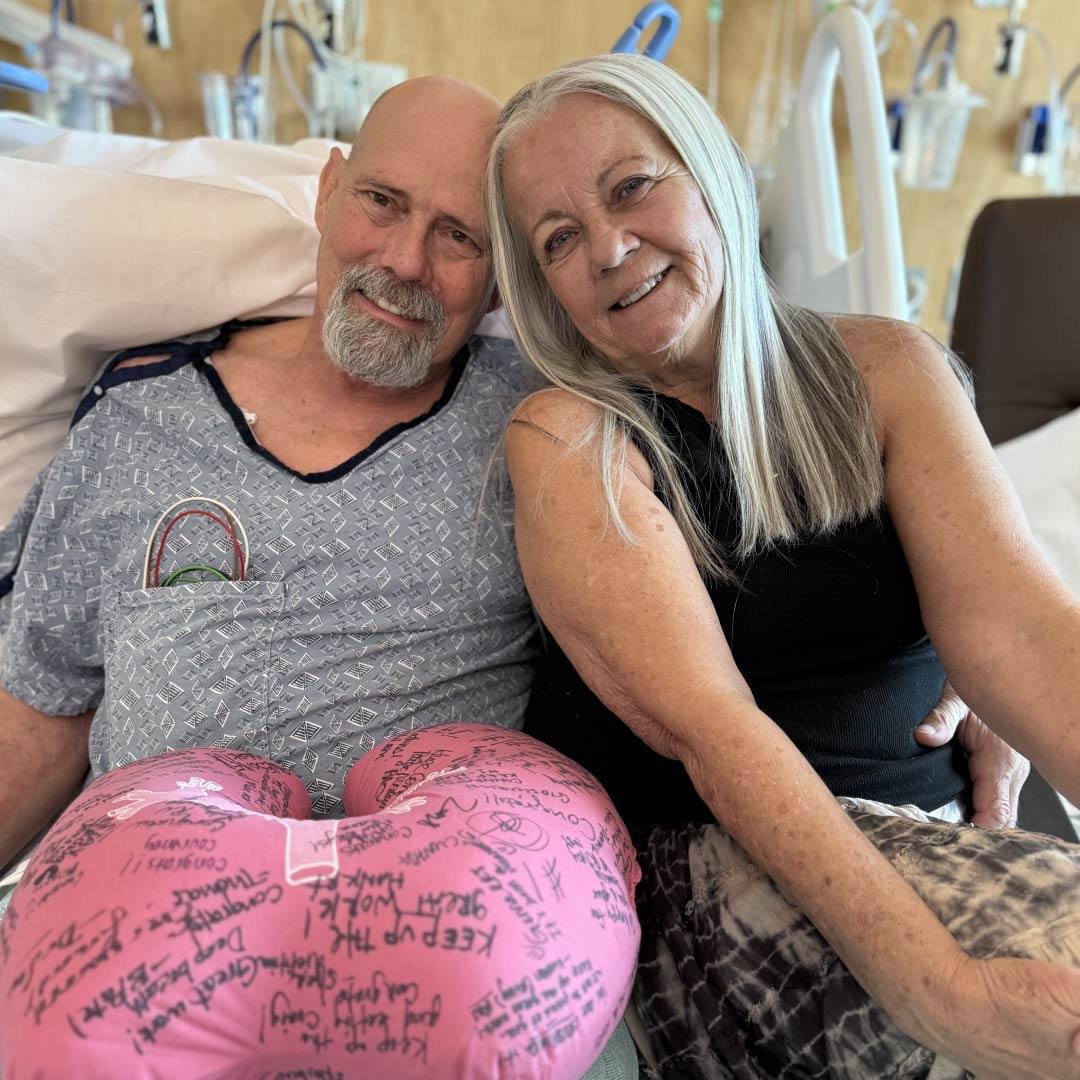-
Men with Strokes Call for Help Quicker Than Women, Mayo Clinic Study Says
PHOENIX — It's been said that marriage is good for your health — especially if you're a man. Research at Mayo Clinic in Arizona shows that's true when it comes to seeking care for stroke symptoms.

A Mayo Clinic study, presented at the American Stroke Conference in New Orleans in early February, says that men experiencing a stroke call for emergency help quicker than women, especially if they are married.
"Marriage has long been shown to offer health benefits and often more for men," said Joyce Lee-Iannotti, M.D., a neurology Fellow at Mayo Clinic in Arizona and author of the study. "The reasons are unclear, but it's been postulated that it can be societal roles, where women take on the roles of caregivers and advise their spouses to seek care, often putting their own health behind that of their children and husband."
VIDEO: Dr. Lee-Iannotti explains the study.
The study was a retrospective review of 209 patients with acute stroke symptoms brought by emergency medical services to Mayo Clinic in Phoenix over 15 months ending in November 2011. Researchers collected participants' age, gender, marital status, time of symptom awareness and time of emergency medical services dispatch. They compared the time from symptoms awareness to EMS dispatch between married and single participants and between men and women.
Married men called within 28 minutes of symptoms compared to married women, who called an average of 67 minutes after their first stroke symptoms. Single men activated EMS earlier than single women, but the difference was not significant.
The average age of the patients was 76 years; half were women, half were men. Approximately half were married and about half were single. The researchers found that, overall, the group of married patients called for emergency services more quickly than their single counterparts, but the difference wasn't significant.
The researchers plan a future study of the reasons why married men with stroke symptoms seek medical attention earlier.
Dr. Lee-Iannotti urges everyone, regardless of gender, to watch for signs and symptoms if you think you or someone else may be having a stroke. Note when signs and symptoms begin, because the length of time they have been present may guide treatment decisions.
Signs and symptoms of stroke
- Trouble with walking. You may stumble or experience sudden dizziness, loss of balance or loss of coordination. Trouble speaking and understanding. You may experience confusion. You may slur your words or be unable to find the right words to explain what is happening to you (aphasia). Try to repeat a simple sentence. If you can't, you may be having a stroke.
- Paralysis or numbness on one side of your body or face. You may develop sudden numbness, weakness or paralysis on one side of your body. Try to raise both your arms over your head at the same time. If one arm begins to fall, you may be having a stroke. Similarly, one side of your mouth may droop when you try to smile.
- Trouble seeing in one or both eyes. You may suddenly have blurred or blackened vision, or you may see double.
- Headache. A sudden, severe "bolt out of the blue" headache, which may be accompanied by vomiting, dizziness or altered consciousness, may indicate you're having a stroke.
Seek immediate medical attention if you notice any signs or symptoms of a stroke, even if they seem to fluctuate or disappear. Call 911 or your local emergency number right away. Every minute counts. Don't wait to see if symptoms go away. The longer a stroke goes untreated, the greater the potential for brain damage and disability. To maximize the effectiveness of evaluation and treatment, it's best that you get to the emergency room within 60 minutes of your first symptoms.
Media Contact: Jim McVeigh, Public Affairs, 480-301-4222







